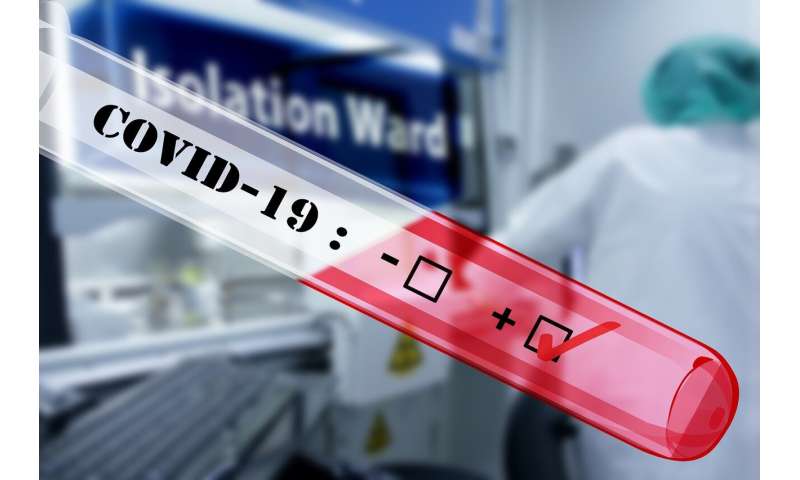#COVID-19 antibody tests: How reliable are they?
“#COVID-19 antibody tests: How reliable are they?”

With stay-at-home orders expiring around the world, many hope that COVID-19 antibody testing will help businesses and institutions reopen safely. Determining whether people have been infected with SARS-CoV-2 is a key tool in responding to the pandemic, but it is not a magic bullet. A feature article in Chemical & Engineering News, the weekly newsmagazine of the American Chemical Society, details the steps manufacturers are taking to ensure antibody tests are accurate and available.
The U.S. Food and Drug Administration has issued several emergency use authorizations to companies for antibody tests, allowing them to be used during the pandemic. These blood-based tests measure the presence or absence of antibodies that the body produces when fighting infection with SARS-CoV-2, and the tests are distinct from the nasal swabs that detect current infection. After a person recovers from COVID-19, antibodies are thought to remain in their system for weeks, writes Senior Editor Megha Satyanarayana. Tests vary in their mechanisms for detecting antibodies, but all separate antibody-containing plasma from red blood cells and then determine whether the antibodies “stick” to specific COVID-19 proteins. That binding action is detected with fluorescent or other readout methods.
Manufacturers have been working around the clock to produce tests that are fast, automated and can be used with equipment that hospitals and clinical labs already have. While some of the early tests have had questionable accuracy, much progress has been made in recent months, and some manufacturers are reporting sensitivities and specificities near 100%. More reliable tests mean a better understanding of community spread, but they cannot provide information about the possibility of reinfection, a key question for those looking for guidance on reopening. However, experts believe that humans can produce large amounts of SARS-CoV-2 antibodies, and the virus is slow to mutate, which bodes well for long-term protection. While companies are working to maximize their production, experts caution that requiring proof of immunity could pose an ethical dilemma that might lead to further disenfranchisement of an already stressed workforce.
More information:
“COVID-19 antibody tests are raising as many questions as they answer,” cen.acs.org/analytical-chemist … s-they-answer/98/i22
Citation:
COVID-19 antibody tests: How reliable are they? (2020, June 10)
retrieved 10 June 2020
from https://phys.org/news/2020-06-covid-antibody-reliable.html
This document is subject to copyright. Apart from any fair dealing for the purpose of private study or research, no
part may be reproduced without the written permission. The content is provided for information purposes only.
If you want to read more Like this articles, you can visit our Science category.
if you want to watch Movies or Tv Shows go to Dizi.BuradaBiliyorum.Com for forums sites go to Forum.BuradaBiliyorum.Com




